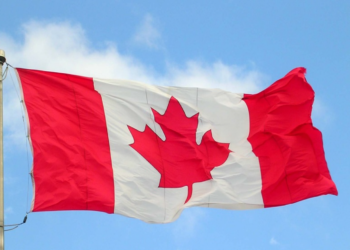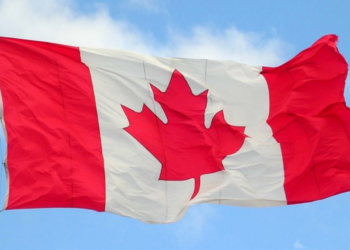In response to the seemingly uncontrolled spread of the Coronavirus, Canada has closed its borders to nationals from all countries except the United States of America.
This came on the heels of recent announcements of new cases in several African countries. According to the BBC, no less than 27 African countries have recorded at least one case of the virus, with the latest additions being Benin, Liberia, Somalia and Tanzania.

Canadian Prime Minister, Justin Trudeau announced the closure on Monday as part of measures to fight the infection.
Trudeau, whose wife had also tested positive for the virus, noted that the restriction would not affect permanent citizens, diplomats or immediate family members of Canadians.
[READ MORE: COVID-19: Instagram cracks down on coronavirus AR effects)
Addressing reporters, he said, “We will be denying entry to Canada to people who are not Canadian citizens or permanent residents.
“This measure will carve out some designated exceptions, including for aircrews, diplomats, immediate family members of Canadian citizens and, at this time, U.S. citizens.”
In addition, the government has also mandated airlines to do a basic health assessment of anyone travelling into Canada, irrespective of their nationality.
“Anyone, who has symptoms, will not be able to come to Canada,” he declared.

Canada currently has about 323 confirmed cases of the disease, with the prime minister undergoing self-quarantine as a “precaution” after his wife tested positive to the virus.
Since its outbreak in China in December 2019, coronavirus — which has spread to more than 140 countries — has dealt a heavy blow on economies, with a number of governments resorting to emergency measures.
Nigeria had her index case through an Italian who arrived Lagos for a business trip. Contacts of the Italian were quarantined for 14 days, and have since been released after they were cleared to be virus-free.




















